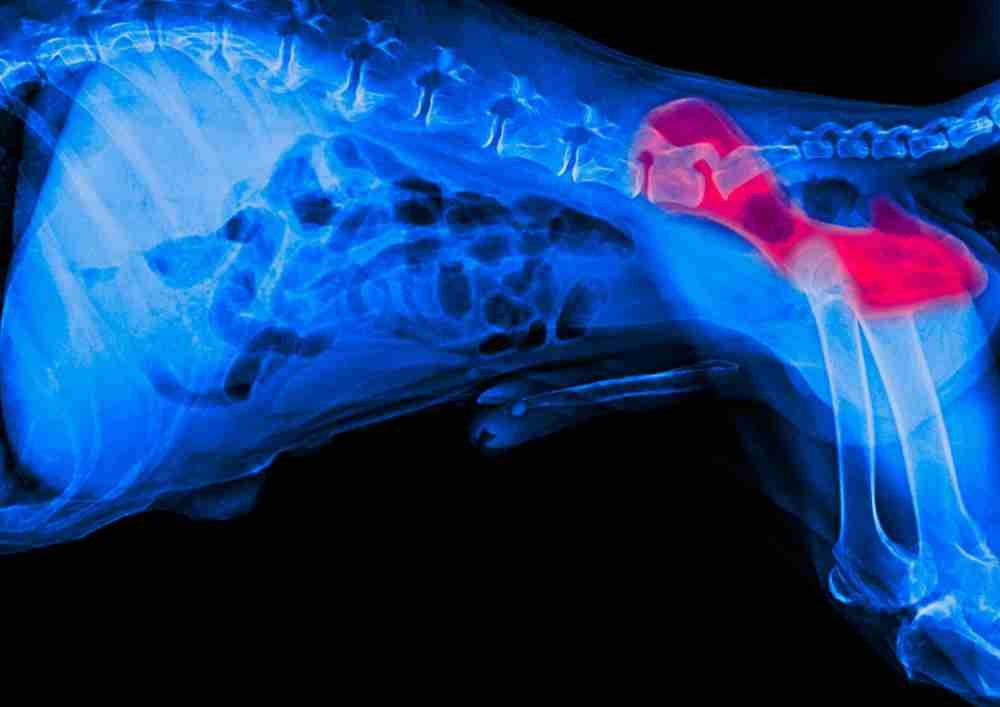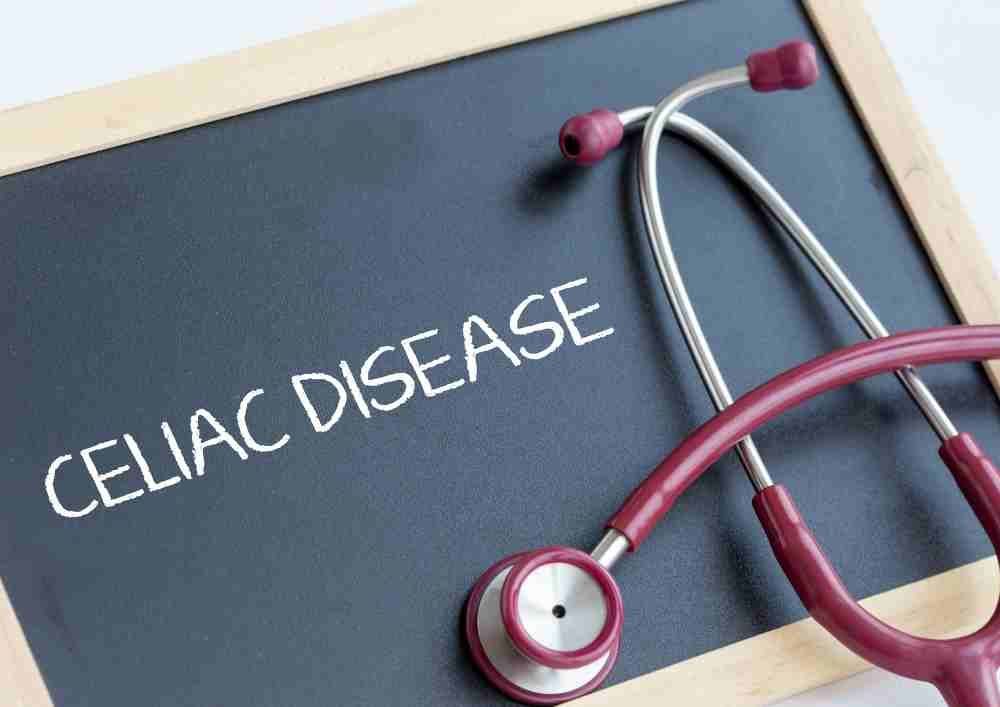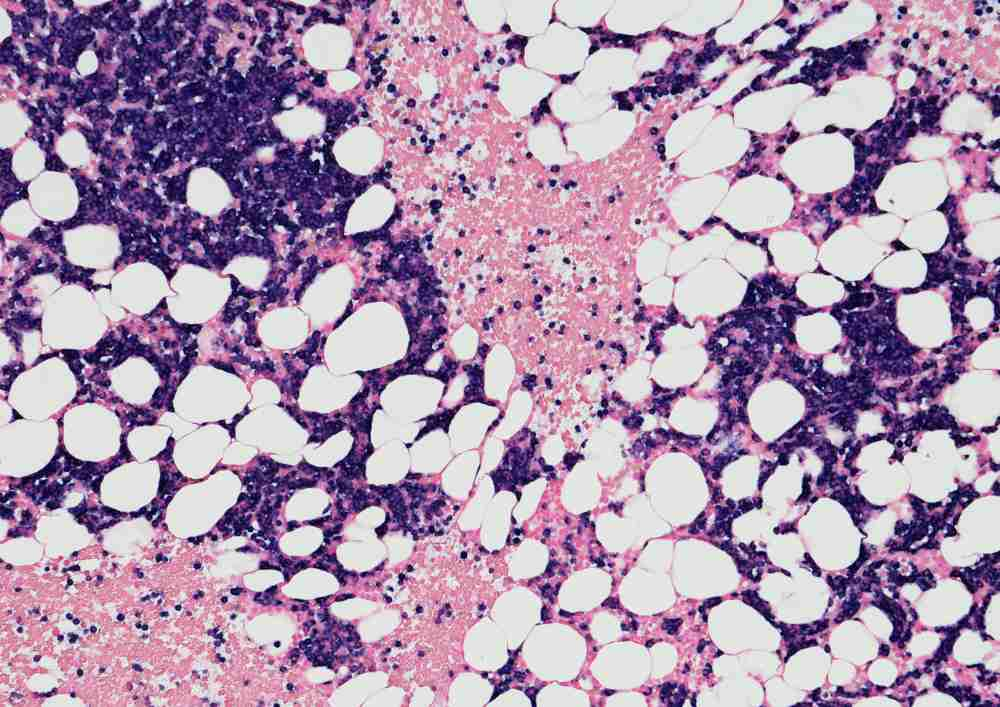Biomedical Data Science
Understand the complexity of genetic-sequencing, data analysis and use of artificial intelligence modelling.
Curriculum : Course Code: AT-020
Advanced imaging is part of common clinical practice and wearable devices are collecting patient data in electronic format. All such collected data can help understand the causes leading to various diseases and thereby identify solutions.
Highlights
- •What is Big Data and Data Science in Biomedical sciences
- •What is DNA sequencing and what are omics technologies
- •What are the free resources (web tools and databases)
- •Algorithms and Data analysis
- •How is image recognition and Artificial intelligence relevant to biomedical science
- •How do you imply powerful computational and statistical methods in understanding biology and long standing questions?
- •How can wearable devices revolutionize healthcare
- •Digital image analysis & data mining
Resources
Career counselling about an increasingly wide range of available careers, including research(academic & Pharmaceutical company based), teaching, Medical practitioners to name a few.
Research Outcomes & Academic Impact
Scientific Poster
Students learn to make high quality science posters & hone their presentation skills.
Research Report Manuscript
Learn to draft scientific write-ups with clear and convincing narratives.
Certificates
Outstanding students also get opportunities for long-term projects with mentors.
Recent Student Projects in Bio Data Science
Exosomal miRNAs as Modulators of Adipose Inflammation
https://elioacademy.org/miyo-macario

Miyo Macario
(Byrne Creek Secondary School)
Type 2 diabetes mellitus (T2DM) is a chronic metabolic disorder in which insulin resistance and β-cell dysfunction compromise the regulation of blood glucose levels. Exosome-derived microRNAs (miRNAs), packaged within extracellular vesicles, have emerged as key regulators of intercellular communication in these pathways.
Li-Fraumeni Syndrome and TP53 Mutation Types
https://elioacademy.org/regina-huang

Regina Huang
(Manhasset High School)
TP53 germline mutations are the main factors causing Li-Fraumeni Syndrome (LFS), an infrequent cancer predisposition pathology. Up to ninety percent of patients with this syndrome develop malignancies within their lives, mostly at an earlier age. The tumor suppressor protein, p53, encoded by TP53, takes part in controlling several critical pathways, including cell-cycle regulation, DNA repair, apoptosis, and genomic stability.
Bacteriophage Therapy to Combat Cancer
https://elioacademy.org/omesh-cholan

Omesh Cholan
(Watchung Hills RHS)
Phages are extremely specific viruses that only target bacteria. They have achieved great successes against bacterial infections but due to their high specificity they are naturally useless against eukaryotic cells such as cancer. Using phage display technology, phages can be engineered to display peptides on their capsids.
Chromothripsis Impact on Osteosarcoma Progression
https://elioacademy.org/emily-gaw

Emily Gaw
(Arcadia High School)
Osteosarcoma is a bone cancer that commonly occurs in adolescents and young adults and is caused by overproduction of osteoblasts (bone cells). Osteosarcoma’s genome is very unstable, and many chromosomes are prone to mutations. In this case, osteosarcoma can evolve quickly and become more resistant to therapy and treatment.
Role of Angiotensin-Converting-Enzyme (ACE) in Hypertension
https://elioacademy.org/heejae-yu

Heejae Yu
(Newport High School)
Hypertension, also known as high blood pressure, is characterized by consistently elevated blood pressure against the artery walls. It is a global health crisis, impacting nearly half of the US adults and causing 685,000 deaths in 2022. In the Renin-Angiotensin-Aldosterone System, ACE has the role of converting angiotensin I into angiotensin II.
Cancer Vaccines for Ovarian Cancer Treatment
https://elioacademy.org/moksha-shah

Moksha Nishidhdha Shah
(Woodbridge Academy Magnet School)
Cancer vaccines work by activating the body's natural immune response and using this to destroy cancer cells. Cancerous tumor antigens are first injected into a patient in order to train the immune cells to detect the cancer. This means that next time the T-Cells are exposed to these antigens they will destroy the cells containing these antigens.
Personalized Medicine for Breast Cancer
https://elioacademy.org/chandana-nanjaiah

Chandana Nanjaiah
(Stratford Preparatory Blackford HS)
Breast cancer isn’t a single disease, it’s made up of subtypes that differ in how they develop, spread, and respond to treatment. Hormone-positive, HER2-positive, and triple-negative are the most common types. These differences can affect everything from prognosis to therapy choices, which is why every person cannot get the same treatment.
Role of ORMDL3 and GSDMB in Asthma Inflammation
https://elioacademy.org/henry-yu

Henry Yu
(Amador Valley High School)
ORMDL3 gene disrupts sphingolipid metabolism by regulating the SPT enzyme, and how its overexpression leads to ER stress and inflammation. Additionally, the GSDMB gene is involved in controlling cell death in tissues in the airways and lungs.
PTEN and Cowden Syndrome
https://elioacademy.org/avni-vishwas

Avni Vishwas
(RV PU College)
Cowden Syndrome (CS) is a rare genetic condition caused by mutations in the PTEN gene, which normally helps keep cell growth in check. When this gene doesn’t work properly, people with CS face higher risks of developing certain cancers - especially breast, thyroid, and endometrial - as well as challenges like benign tumors, skin lesions, and developmental delays.
EGFR Exon 19 Deletion-Mediated Modulation
https://elioacademy.org/alicia-wai

Alicia Wai
(South Island School)
EGFR mutations are present in about 32% of non-small cell lung cancer (NSCLC) patients worldwide, with higher rates in Asian populations (~38%) compared to Caucasians (~14–17%) and other ethnic groups. Among these mutations, exon 19 deletions are the most common, accounting for approximately 45–70% of EGFR alterations in NSCLC.
Parkinson’s Disease: Genetic Factors and Emerging Treatments
https://elioacademy.org/samaira-kapoor

Samaira Kapoor
(Manav Rachna International School)
A neurodegenerative disorder that predominantly affects the dopaminergic neurons in the substantia nigra of the brain. This condition most commonly affects people around the age of 60, but in some cases individuals can experience it before turning 50. Some of the common symptoms include resting tremors, muscle stiffness or rigidity, bradykinesia.
Genetic risk scores for Alzheimer’s disease
https://elioacademy.org/adiya-kaliakparova

Adiya Kaliakparova
(Binom Kanysh Satbaev, Uly Dala)
AD is the most common type of dementia, affecting more than 55 million people worldwide. It typically grows silently several decades before any memory loss develops. While age is a key risk factor, genetics play an important role when choosing who gets the disease and when symptoms appear. The current study addresses whether genetic risk scores, specifically Polygenic Risk Scores (PRS).
Skeletal dysplasia: Achondroplasia
https://elioacademy.org/amy-miao

Amy Miao
(Saratoga High School)
Achondroplasia is a form of skeletal dysplasia or dwarfism caused by genetic mutations. Affecting approximately 1 in 15,000 individuals, achondroplasia is characterized by disproportionate dwarfism, where individuals have an average-sized torso and short limbs. The condition is primarily caused by a mutation in the fibroblast growth factor receptor 3 (FGFR3) gene, leading to abnormal bone growth due to impaired chondrocyte proliferation.
Celiac Disease
https://elioacademy.org/vibha-rao

Vibha Rao
(Emerald High School)
Celiac disease is an autoimmune disorder triggered by gluten ingestion in genetically predisposed individuals. CD causes an inappropriate immune response to gluten, leading to inflammation and damage to the small intestine, which hinders nutrient absorption. Symptoms vary widely, from gastrointestinal issues to silent CD, where patients experience no symptoms but suffer from intestinal damage.
Sweat Allergy
https://elioacademy.org/minji-seo

MinJi Seo
(Harbin Wanbang School)
Sweating is a vital bodily function for temperature regulation. When body temperature rises, the hypothalamus signals eccrine sweat glands to release water, cooling the body. These glands excrete a liquid mixture containing water, sodium, potassium, amino acids, and more. This fluid, known as sweat, aids temperature reduction through evaporative cooling.
Muscular Dystrophy and Genetics of Inheritance
https://elioacademy.org/adrit-saha

Adrit Saha
(Hillsborough High School)
Duchenne Muscular Dystrophy (DMD) and Becker Muscular Dystrophy (BMD) are conditions that arise from mutations in the dystrophin gene, a critical protein responsible for muscle stability and function. DMD, the more severe form, results from a complete absence of dystrophin, while BMD stems from reduced or partially functional dystrophin protein.
Type 2 Diabetes Mellitus
https://elioacademy.org/arin-srivastava

Arin Srivastava
(Montgomery High School)
Chronic metabolic disorder is characterized by the body's inability to regulate blood glucose levels effectively. Type 2 Diabetes Mellitus (T2DM) is primarily caused by insulin resistance, often linked to genetic factors, obesity, and lifestyle choices. The condition leads to hyperglycemia, resulting in symptoms like frequent urination, unexplained weight loss, and slow wound healing.
Hemophilia: Genetic Mutation
https://elioacademy.org/matthew-liang

Matthew Liang
(Troy High School)
Classic Hemophilia, also know as Hemophilia A, is a congenital, inherited, X-linked recessive disease caused by an F8 gene mutation located at Xq28, leading to a deficiency of clotting factor 8. This type of hemophilia is five times more common than Hemophilia B, affecting approximately 1 in every 5,000 babies born
Genetics and Epidemiology of Schizophrenia
https://elioacademy.org/jackelyn-lange

Jackelyn Lange
(St. Ignatius College Preparatory)
Schizophrenia typically manifests in late adolescence or early adulthood, with men being more affected. Symptoms are categorized into positive (e.g., hallucinations, delusions) and negative (e.g., social withdrawal, reduced emotional expression) types.
Chronic Eczema
https://elioacademy.org/mary-hakeem

Mary Hakeem
(La Serna High School)
Eczema is a dermatological condition that can arise from environmental factors, genetic mutations, or hereditary causes. While it can appear on any part of the body, it most commonly manifests on the hands, face, and neck. Eczema can develop at any stage of life, although it is particularly prevalent among infants, adults, and individuals aged between 13 to 18 years.
Multiple Myeloma: Investigating anti-BCMA CAR-T Therapies
https://elioacademy.org/ruby-sethi

Ruby Sethi
(Bridgewater-Raritan High School)
CAR-T cell therapy is used for targeting the B-cell maturation antigen (BCMA) as a treatment for multiple myeloma (MM), a rare and aggressive blood cancer. MM is characterized by the uncontrolled proliferation of abnormal plasma cells, leading to various health issues, including bone damage and kidney failure. BCMA is a protein highly and exclusively expressed on plasma cells, making it an ideal target for CAR-T therapies.
Possible Prenatal Genetic Risk Screening for Schizophrenia
https://elioacademy.org/keira-brown

Fortis Keira Brown
(Los Alamos High School)
We explore the potential of using genetic testing to predict the risk of developing schizophrenia before birth. Schizophrenia is a complex mental disorder marked by symptoms like delusions and hallucinations, with its onset typically in late adolescence or early adulthood. The study focuses on the dopamine hypothesis, which links the disorder to dopamine dysfunction caused by mutations in genes.

Want to Work on Your Own Project?
Apply to ELIO mentored projects in Genetics, Neuroscience, Medical Data Science, Biochemistry,
